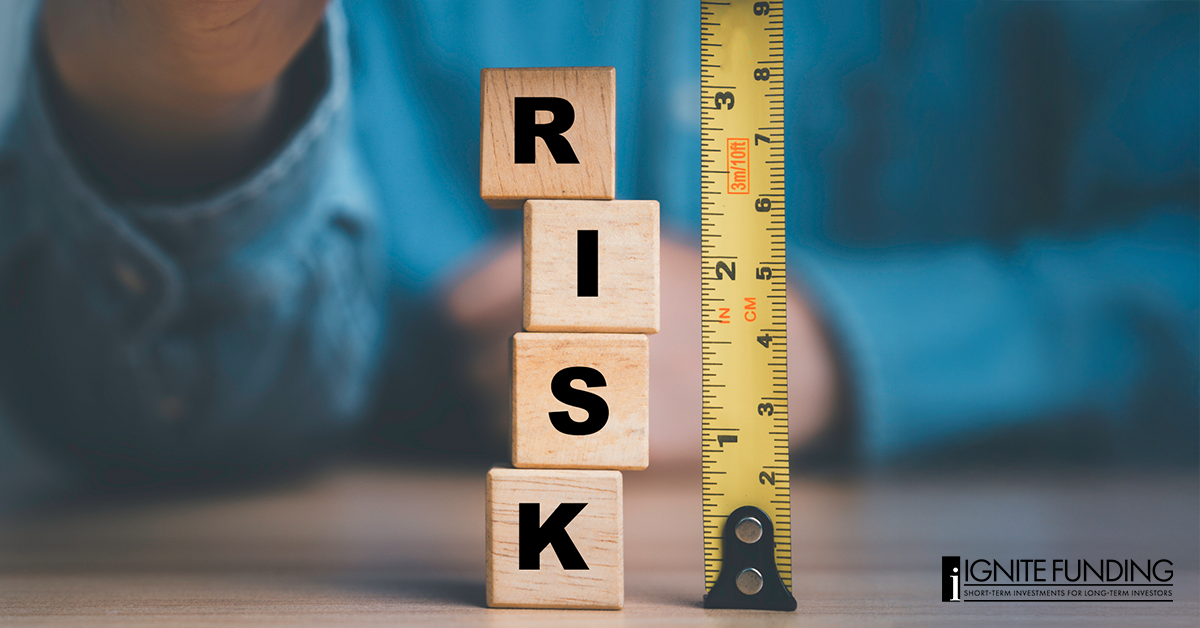Mastering Due Diligence in Real Estate: Essential Steps for Savvy Investors
Real estate due diligence involves a series of steps that provide a clear picture of the property in question. These steps include market research, property inspections, financial evaluations, and legal considerations. Each stage is designed to gather relevant information and assess the viability of the investment. Whether you are a seasoned investor or a novice, mastering due diligence is essential for achieving long-term success in the real estate market.

Understanding Due Diligence in Real Estate
Due diligence in real estate begins with gathering as much information as possible about the property and its surroundings. This includes understanding the local market conditions, the property's physical condition, and any legal or financial issues that may impact the investment. The goal is to identify any potential red flags and assess whether the property meets your investment criteria.
One of the first steps in due diligence is conducting a thorough market analysis. This involves studying the local real estate trends, such as property values, rental rates, and occupancy rates. By understanding these trends, investors can gauge the potential for appreciation and rental income. Additionally, it's important to analyze the economic factors that influence the market, such as employment rates, population growth, and infrastructure developments. These factors can significantly impact the demand for real estate in a particular area.
Another critical aspect of due diligence is evaluating the property's physical condition. This involves a detailed inspection to identify any structural or mechanical issues that may require repairs or renovations. It's essential to hire qualified professionals, such as inspectors and contractors, to conduct a thorough assessment. This step helps to ensure that you are fully aware of any potential costs associated with maintaining or improving the property.
The Importance of Due Diligence for Investors
For real estate investors, due diligence is not just a procedural formality; it is a vital component of the investment process. By conducting thorough due diligence, investors can protect themselves from unexpected surprises and financial losses. It allows them to make informed decisions based on factual information rather than assumptions or incomplete data.
One of the primary benefits of due diligence is risk mitigation. Real estate investments inherently carry a certain level of risk, but due diligence helps to identify and assess these risks upfront.
Due diligence also empowers investors to negotiate better deals. Armed with comprehensive information about the property, investors can leverage their findings to negotiate favorable terms with sellers.
Conducting Market Research
Market research is the foundation of any successful real estate investment. It involves analyzing various data points to understand the dynamics of the local market and identify opportunities for growth. A well-conducted market research can provide valuable insights into the supply and demand factors that influence property values and rental rates.
Property or Investment Inspection
A thorough property inspection is a critical step in the due diligence process. It involves a detailed examination of the property's physical condition or in the case of real estate investments such as trust deeds, a detailed examination of the investment, to identify any issues.
Evaluating Financial Records and Projections
Evaluating the financial records and projections of a property is a fundamental aspect of due diligence. This involves analyzing the property's income and expenses to assess its profitability and potential for growth. By understanding the financial performance of a property, investors can make informed decisions about its viability as an investment.
Legal Considerations in Real Estate Due Diligence
Navigating the legal aspects of real estate transactions is a critical component of due diligence. This involves reviewing all legal documents related to the property to ensure that there are no unresolved issues or potential liabilities. By thoroughly examining the legal aspects, investors can protect themselves from future disputes and complications.
Conclusion
In the ever-evolving world of real estate investing, mastering due diligence is a vital skill that can make or break your investment success. By conducting thorough market research, property inspections, financial evaluations, and legal reviews, investors can mitigate risks, make informed decisions, and negotiate better deals. Avoiding common due diligence mistakes and leveraging the expertise of qualified professionals can further enhance the investment process and ensure long-term success.
As you embark on your real estate investment journey, remember that due diligence is not just a procedural step; it is a strategic approach to safeguarding your investment and maximizing returns. By understanding and implementing the essential steps of due diligence, you can confidently navigate the real estate market and turn your investment aspirations into reality. Whether you are a seasoned investor or just starting, mastering due diligence will empower you to make strategic decisions that align with your financial goals and achieve lasting success in the dynamic world of real estate investing.



